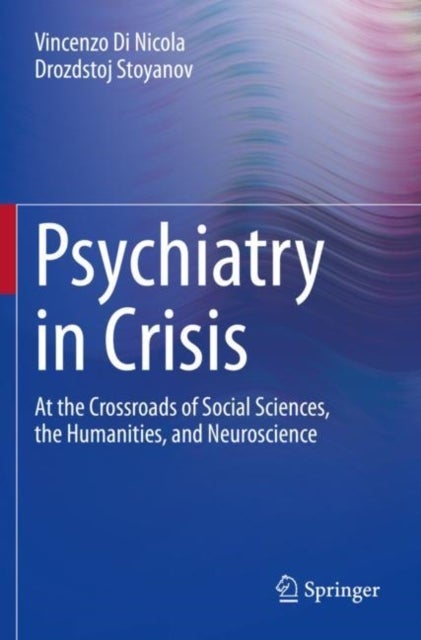
Psychiatry in Crisis av Vincenzo Di Nicola, Drozdstoj Stoyanov
1039,-
<p>The field of academic psychiatry is in crisis, everywhere. It is not merely a health crisis of resource scarcity or distribution, competing claims and practice models, or level of development from one country to another, but a deeper, more fundamental crisis about the very definition and the theoretical basis of psychiatry. The kinds of questions that represent this crisis include whether psychiatry is a <i>social science</i> (like psychology or anthropology), whether it is better understood as part of <i>the humanities</i> (like philosophy, history, and literature), or if the future of psychiatry is best assured as a <i>branch of medicine</i> (based on <i>genetics</i> and <i>neuroscience</i>)? In fact, the question often debated since the beginning of modern psychiatry concerns the <i>biomedical model</i> so that part of psychiatry''s perpetual self-questioning is to what extent it is or is not a branch of medicine. This unique and bold volume offers a representative and critical s








